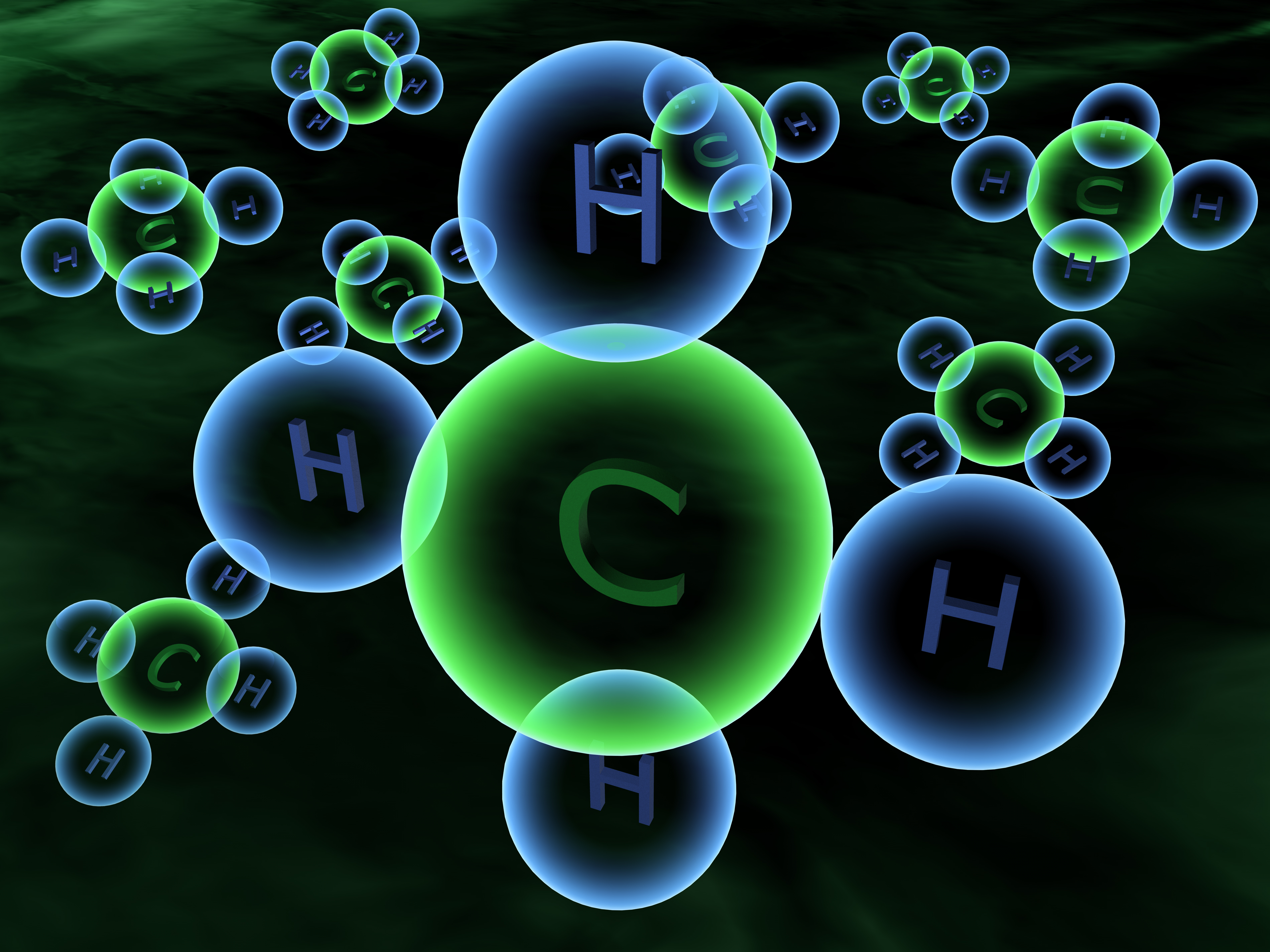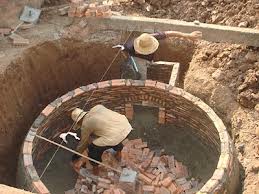


|
Commenced:
|
01/03/2012 |
|---|---|
|
Submitted:
|
25/03/2012 |
|
Last updated:
|
28/10/2020 |
|
Location:
|
93 Golden Gully Road, Kin Kin, QLD, AU |
|
Phone:
|
0754854664 |
|
Website:
|
http://permeco.org |
|
Climate zone:
|
Sub tropical |
(projects i'm involved in)
Project: PermEco Inc.
Posted by Zaia Kendall almost 12 years ago

For some years now we have been looking at minimising our energy consumption, and at alternative forms of energy creation in order to produce the energy we need. As we have animal systems in place here at PRI Sunshine Coast, we have a fair bit of manure on the property. As well as animal manure, we also have waterless (composting) toilets, so humanure is another resource on our property waiting to be used more efficiently than we currently are. After a lot of research over the past few years, Tom decided that a Biogas system would be the best way to go for us.
Biogas is extracted from many raw (organic) materials in nature besides human and animal manure: leaves, twigs, grasses, garbage and agricultural and industrial wastes with an organic content greater than 2%. Biogas can be used for cooking, lighting (gas lamps), to generate electricity, as fuel to operate cars and other machinery and other energy needs. Biogas is a form of energy produced by anaerobic digestion (the decomposition of constituents of biodegradable matter in an oxygen-free environment). It is a mixture of gases, mainly carbon dioxide and methane. It consist of around 55-65% Methane, 30-35% carbon dioxide, 1-5% water vapour, 0-3% hydrogen sulphide and 0-1% hydrogen. In order to produce Biogas, we need a bio-digester.
A bio-digester is a structure that facilitates the decomposition of organic materials such as manure, to produce methane gas . Bio-digesters can be made of concrete, brick, metal or polyethylene plastic. To keep the footprint as low as possible, but still ensuring we have a unit which is as corrosion resistant as possible, we have elected to build the bio-digester from fired bricks (making a double wall) and concrete.

The bio-digester will have an input area for manure and other organic materials, a sealed chamber which facilitates the anaerobic process, and an output area for effluent that has passed through the bio-digester. From the sealed chamber Biogas will be pressure fed into holding tanks for use. The effluent can be further composted and used on the gardens.
Advantages of bio-digesters:
It is important that proper operating conditions are maintained in the digester for optimum gas production and that the effluent is handled correctly to eliminate potential water pollution problems.
A great number of developing countries are now taking initiatives to install bio-digesters, since they eliminate a number of escalating problems these countries are experiencing. Firewood and other energy sources such as kerosene are becoming rare and expensive in these countries. There are also problems with sanitising toilet areas and indoor air pollution through kerosene lamps and wood fired stoves. Biogas solves all these problems, plus they get fertiliser for their crops as well, thus reducing or even stopping the need for them to buy it in.
Even though developing countries are increasingly supporting the building of bio-digesters, they remain rare in developed countries. There are some smaller ones available for sale, or you can find plans to build a small one yourself, for urban situations. The principles remain the same as for larger ones. If you are someone who would like to learn by actually making one, PRI Sunshine Coast is building a bio-digester this year, spread over 3 courses:
Week 1 - Mon 18 - Fri 22 March 2013: Planning and design of the bio-digester, putting in footings
Week 2 - Mon 27 - Fri 31 May 2013: Pouring the cement floor and building the double brick walls, building the inlet and outlet
Week 3 - Mon 26 - Fri 30 August 2013: Finishing the building and connecting the outlets, testing connections
You can do one of the courses or do them all, investment is $795 for a one week course, which includes camping accommodation (byo tent) and all meals. Come and join us for this exciting project and learn to make Biogas! Courses are capped at 15 students. Click here for links to online booking pages.
Resources: Guyana Energy Agency: Bio-Digester information and construction manual for small farmers; The National Bio-Digester programme in Cambodia
You must be logged in to comment.
Note: The various badges displayed in people profiles are largely honesty-based self-proclamations by the individuals themselves. There are reporting functions users can use if they know of blatant misrepresentation (for both people and projects). Legitimacy, competency and reputation for all people and projects can be evidenced and/or developed through their providing regular updates on permaculture work they’re involved in, before/after photographs, etc. A spirit of objective nurturing of both people and projects through knowledge/encouragement/inspiration/resource sharing is the aim of the Worldwide Permaculture Network.
 |
MemberA member is a permaculturist who has never taken a PDC course. These cannot become PDC teachers. Members may be novice or highly experienced permaculturists or anywhere in between. Watch their updates for evaluation. |
|---|---|
  |
Permaculture MatchmakerOne of these badges will show if you select your gender and the "I'm single, looking for a permaculture partner" option in your profile. |
 |
PDCPeople who claim to have taken a Permaculture Design Certificate (PDC) course somewhere in the world. |
 |
PDC VerifiedPeople who have entered an email address for the teacher of their PDC course, and have had their PDC status verified by that teacher. Watch their updates for evaluation. |
 |
PRI PDCPeople who’ve taken a Permaculture Research Institute PDC somewhere in the world. |
 |
PDC TeacherPeople who claim to teach some version of PDC somewhere in the world. |
 |
PRI TeacherWith the exception of the ‘Member’ who has never taken a PDC, all of the above can apply to become a PRI PDC Teacher. PRI PDC Teachers are those who the PRI recognise, through a vetting board, as determined and competent to teach the full 72-hour course as developed by Permaculture founder Bill Mollison – covering all the topics of The Designers’ Manual as well as possible (i.e. not cherry picking only aspects the teacher feels most interested or competent in). Such teachers also commit to focussing on the design science, and not including subjective spiritual/metaphysical elements. The reason these items are not included in the PDC curriculum is because they are “belief” based. Permaculture Design education concerns itself with teaching good design based on strategies and techniques which are scientifically provable. PRI PDC Teachers may be given teaching and/or consultancy offerings as they become available as the network grows. |
 |
Aid WorkerThe individual with this badge is indicating they are, have, or would like to be involved in permaculture aid work. As such, the individual may or may not have permaculture aid worker experience. Watch their updates for evaluation. |
 |
ConsultantThe individual with this badge is indicating they are, have, or would like to do paid permaculture design consultancy work. As such, the individual may or may not have permaculture consultancy experience. Watch their updates for evaluation. |
 |
Community ProjectCommunity projects are projects that help develop sustainable community interaction and increase localised resiliency. |